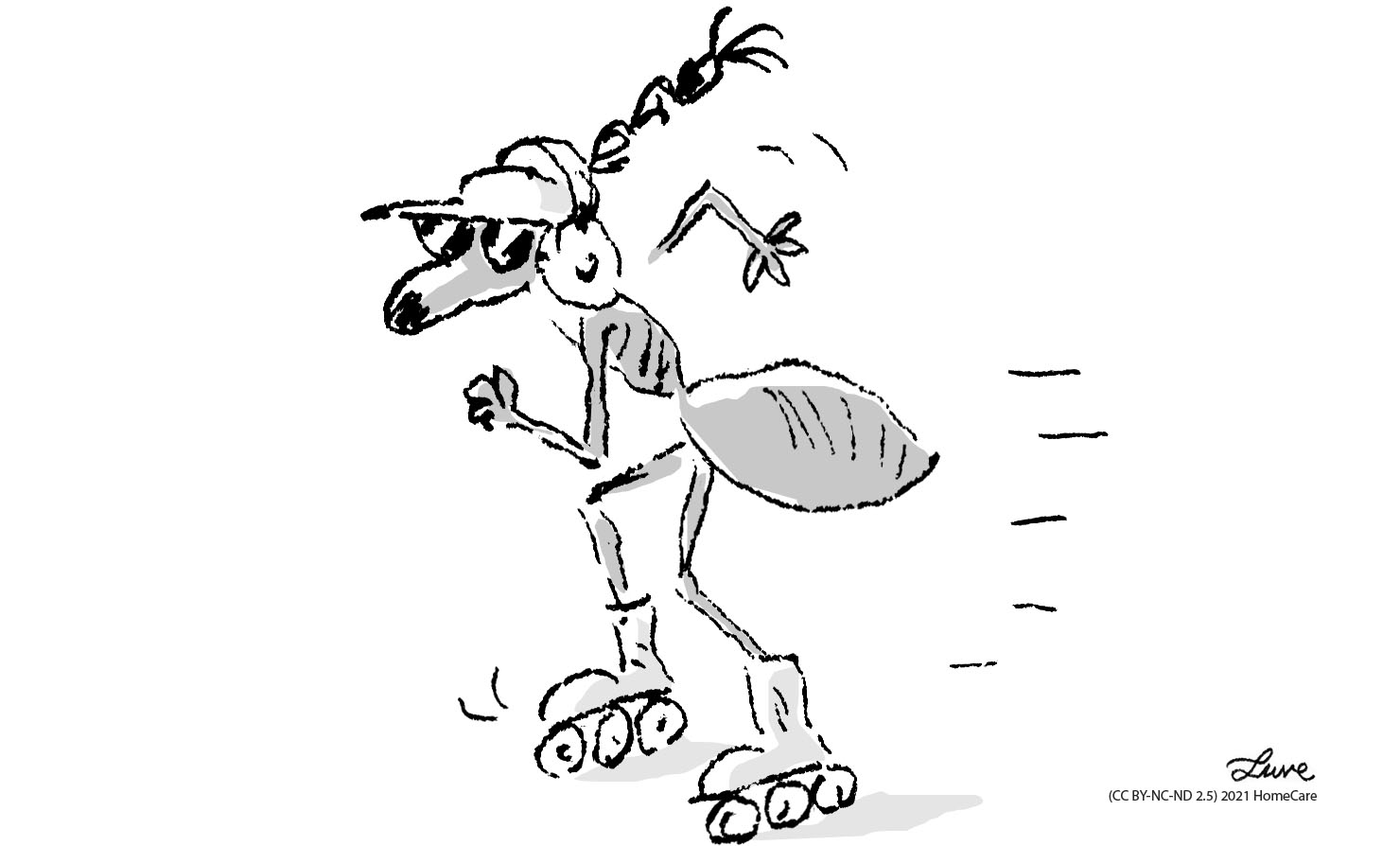
Jane had a gift for avoiding social interactions.
![]() The term social exclusion is used to describe:
The term social exclusion is used to describe:
“A specific situation, the result of a growing process of disconnection, of loss of personal and social links, which makes it very difficult for a person or a group to access the opportunities and resources available to the whole society itself.” (Subirats, 2004)
Understanding social exclusion is only possible when understanding this phenomenon’s complex reality:
![]() It is made up of dimensions that are interrelated with each other
It is made up of dimensions that are interrelated with each other
![]() It results in the accumulation and persistence of problems and deficiencies in a multitude of areas
It results in the accumulation and persistence of problems and deficiencies in a multitude of areas
![]() It implies a lack of access to resources and basic needs that allow for a full insertion into society
It implies a lack of access to resources and basic needs that allow for a full insertion into society
![]() It implies a lack of participation in social dynamics
It implies a lack of participation in social dynamics
When it comes to caregivers, it is not surprising at all that, given the high level of dedication required to care for a dependent person, caregivers feel that all other areas of their daily lives are affected.
The fact is that caregiving has a major impact on the normal life of caregivers, and it is related to problems of various kinds, which are especially evident in the primary caregiver.
This is why they are sometimes referred to as “hidden victims or patients”. (Crespo López et al., 2008)
Exclusion may arise from problems with other family members, which are a source of tension, since it generates great discomfort on most occasions. Having an elderly relative who needs help often triggers old family conflicts or creates new ones. Indeed, one of the most important problems of primary caregivers is the feeling of loneliness and misunderstanding, even with their closest relatives (e.g., spouse, spouse’s wife or partner, etc.). (Crespo López et al., 2008)
Sometimes a process of dependence of the caregiver on the cared one is created, because many caregivers isolate themselves from their social network, living only and exclusively for the family member they care for, transforming the caregiver-elderly dependent dyad into a closed system, which promotes further exclusion. (Crespo López et al., 2008)
Besides, it is common that some caregivers may not be able to fully enjoy their free time, even when they have it, because feelings of guilt are one of the biggest obstacles for caregivers to make the most of their free time. (Spanish Red Cross, n.d.)
Back Next
![]()
Burnout, Depression and Social Exclusion of the Caregiver:70% complete
